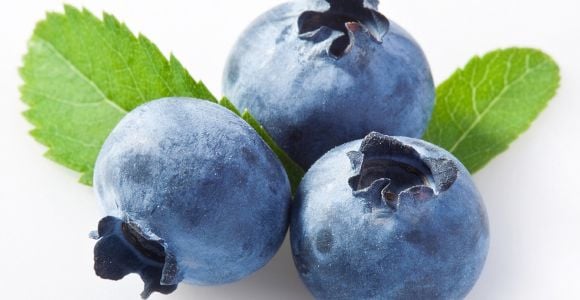As a Personal Trainer and Nutritionist, I get asked a lot of questions about antioxidants. Good nutrition includes whole; unprocessed foods. It is important to include a variety of foods, heart-healthy nutrients and antioxidants. Frequently, I hear the question, "What are antioxidants, are they an essential part of a healthy diet?"
To answer the question, YES...antioxidants do protect the body against
effects of free radicals. Antioxidants work with enzymes and nutrients
in the body to neutralize the negative effects of free radicals.
Antioxidants are natural compounds that help protect the body from harmful free radicals. Free radicals are a group of atoms that cause damage to cells; impair the immune system and leads to infections and various degenerative diseases such as cancer and heart disease. There are numerous free radicals in the body, they are formed by radiation, including exposure to sun rays, toxic chemicals such as those found in cigarette smoke, polluted air, industrial and household agents, and metabolic processes (such as the breaking down of fat for energy).
Antioxidants are dietary substances (such as carotenoids, flavonoids and selenium) that can help prevent damage to your body cells or repair damage all ready there. Antioxidants can improve immune function and lower the risks of infection or cancer. Listed below are a few of the major antioxidants and their benefits in the body:
- Garlic - the sulfhydryl (sulfur and hydrogen) compounds found in garlic bind with toxic heavy metals to be excreted. Garlic prevents fats from being oxidized and deposited into tissues and arteries. Garlic also contains antioxidant nutrients such as Vitamin A & C and selenium.
- Flavonoids are potent antioxidants. Plants produce flavonoids to protect themselves from parasites, bacteria and cell injury. Flavonoids protect the antioxidant vitamins from oxidative damage. Flavonoids occur in fruits, vegetables, spices, seeds, nuts, flowers and bark. Wine (mostly red wine) apples, blueberries, biliberries, onions, soy products and teas.
- Vitamin C is a powerful antioxidant that recharges other antioxidants such as Vitamin E to keep them potent. Vitamin C is soluble in water and therefore can not be stored by the body. Vitamin C protects the spinal cord and brain against free radical damage as well as damage to arteries and artery walls. Sources of Vitamin C include: citrus fruits (dark orange and red fruits), papaya, broccoli and Brussels sprouts.
- Carotenoids are fat-soluble pigments found in yellow, red, green and orange fruits and vegetables. These are a potent family of antioxidants that include alpha-carotene, beta carotene, lycopene, lutein, and zeaxanthin. There are more than 500 carotenoids found in nature, only about 50 of these can be converted into Vitamin A in the body. Food sources of carotenoids include: sweet potatoes, carrots, spinach, sweep peppers and kale.
- Ginkgo Biloba is an herb with powerful antioxidant effects in the brain, cardiovascular system and retina. Ginkgo Biloba has been found to have significant effects on patients with Dementia and Alzheimer's disease as well as people recovering from strokes.
- Vitamin E is a powerful antioxidant that prevents oxidation of fats. Fat oxidation leads to atherosclerosis. Vitamin E improves oxygen utilization, enhances immune response and helps to prevent cataracts. Zinc and Selenium enhance absorption and usage of Vitamin E in the body. Sources of Vitamin E include: nuts, soybeans, sunflower seeds, dark green, leafy vegetables and sweet potatoes.
Angela Hattaway is a Nutritionist and Personal Trainer with over 15 years experience. She got her BS in Nutrition and Dietetics from Stephen F. Austin State University and she also has a Master's Degree in Business with an emphasis on Healthcare. Angela is experienced in working with both children and adults and loves working with clients to help them set realistic goals and expectations. She is passionate about nutrition and fitness and feels this comes through when she works with people. Angela loves giving clients the tools, motivation and encouragement they need to be successful throughout their lives. Visit her blog at blog.ultimatenutritionnfitness.com.She can be reached via email at at [email protected].



